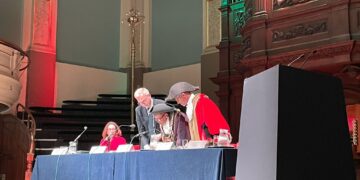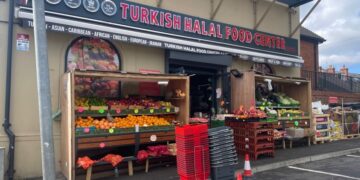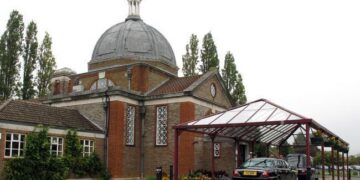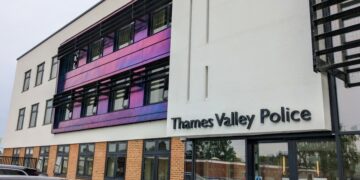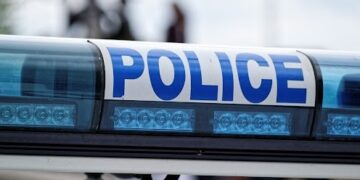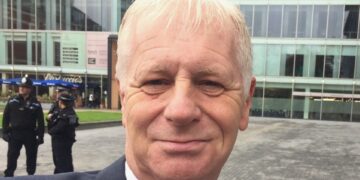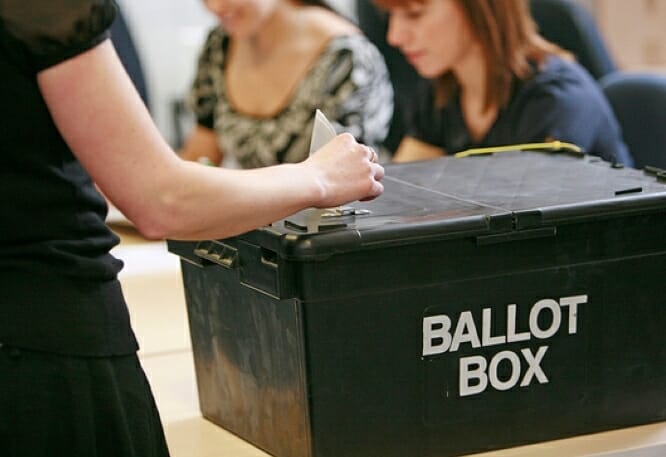READING was among the towns and cities that headed to the polls on Thursday, May 4, as the first local elections since Voter ID was implemented went underway.
The Conservative Party made losses across the country, with more than 950 seats nationwide lost in the course of the vote.
The Labour Party picked up more than 640 of those seats, with the Liberal Democrats also making significant gains of 415 seats.
The Green Party also picked up 200 seats–its biggest local result ever–and gained control of an authority for the first time after winning a minority control in East Hertfordshire.
Trends showed that Conservative and other party losses were concentrated in the south of England, though much of Labour’s gains were made in the north.
Labour gained control of 20 more councils, with the Liberal Democrats gaining control of 12.
Conservative party leader Greg Hands said “What I’m hearing on the doorstep is that people are giving Rishi Sunak a chance.”
While he admitted that the results were “disappointing” while speaking in Kent, the PM did not feel that they represented a “groundswell of movement towards the Labour Party.
On Tuesday, May 9, he explained that he thought people wanted the government to focus on its priorities.
He said: “We are cutting waiting lists in primary care… investing in GP practices to end the 8am scramble; those are practical things that will make a difference to peoples’ lives.
“I know that is not going to happen overnight but what I can tell people is we are working day and night to make their lives better–the priorities that I set out I believe are the right ones.”
Sunak’s comments came as Sir Keir Starmer began meetings with party members, including new councillors, at Labour headquarters in London.
He said that though he felt the party was: “on course for a Labour majority at the next general election,” he also admitted to shadow cabinet members that there was “work to be done.”
He also ruled out any form of deal with the Scottish National Party following the general election, due next year.
In Reading, a difference of just one seat showed less of the tendency away from Conservative councillors which was evident in many other councils in the region.
It also shows relative consistency in voting habits among residents, especially just one year after the all-out elections last May.
Voter ID was one of the main issues with a number of councillors expressing concerns over the intentions behind the introduction of and implementation of voter ID.
Deputy Leader of the Council Cllr Tony Page said he was “very alarmed” to come across six examples of voters who were unaware about the new regulations on the day of the vote.
“Whilst doing door knocking with my colleagues we met potential Labour voters who were ready to go out but when reminded they needed photo ID said they didn’t have it.”
he explained that he felt the information campaign by the government had been “deliberately under-resourced” as part of “a Tory agenda to try and suppress our vote.”
Meanwhile Reading Conservative Group Chairman Cllr Clarence Mitchell argued: “It exists in many other countries around the world–Northern Ireland has had voter ID for for years.
“Whether it’s a huge problem, the fraud that it’s designed to combat, that’s arguable, but in principle, around 95% of voters will have had the necessary ID.
“I think people will get used to it in time, so I don’t think it’s going to have a major bearing on how things pan out.”
Figures for those turned away from polling booths are still yet to be released, but can be expected in the coming weeks.

